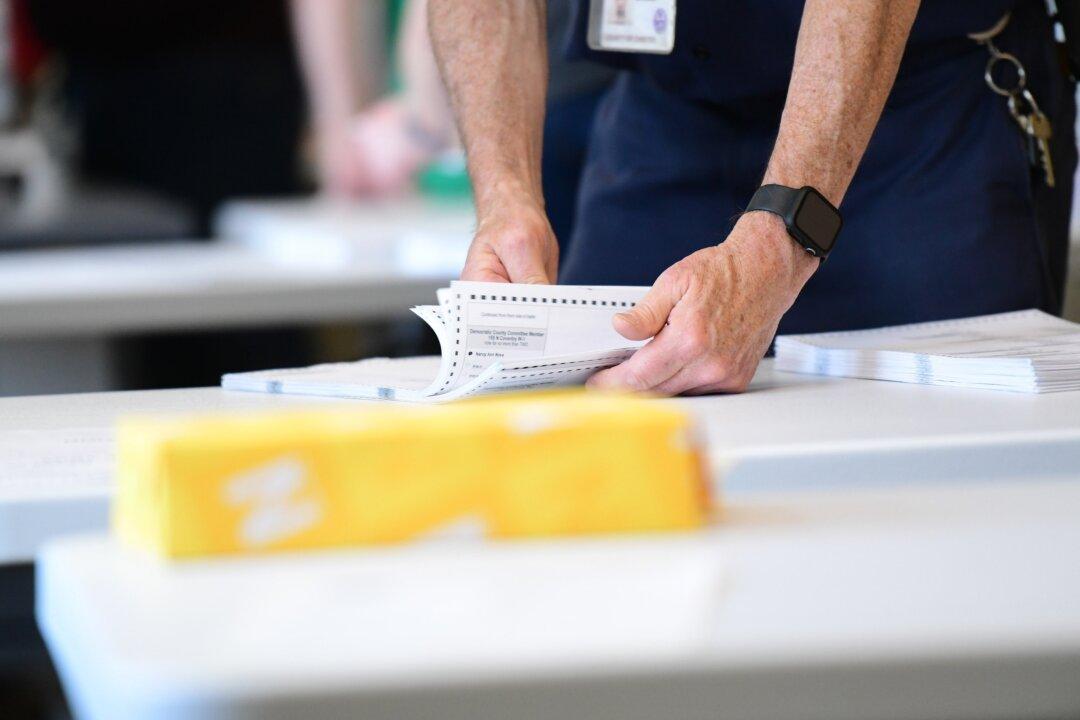Pennsylvania counties can help voters “cure” mail-in ballots to fix defects, a judge in the state has ruled, rejecting an attempt to block counties from doing so in the upcoming midterm election.
The Republican National Committee (RNC) and other parties, which filed a petition over the matter on Sept. 1, “have not proven that there is a clear violation of the Election Code or the law interpreting the Election Code,” Pennsylvania Commonwealth Court Judge Ellen Ceisler ruled on Sept. 29.





